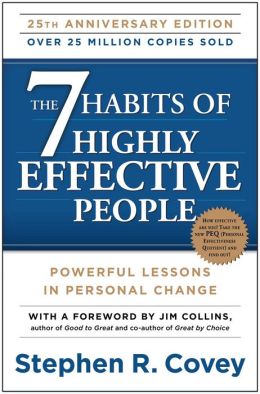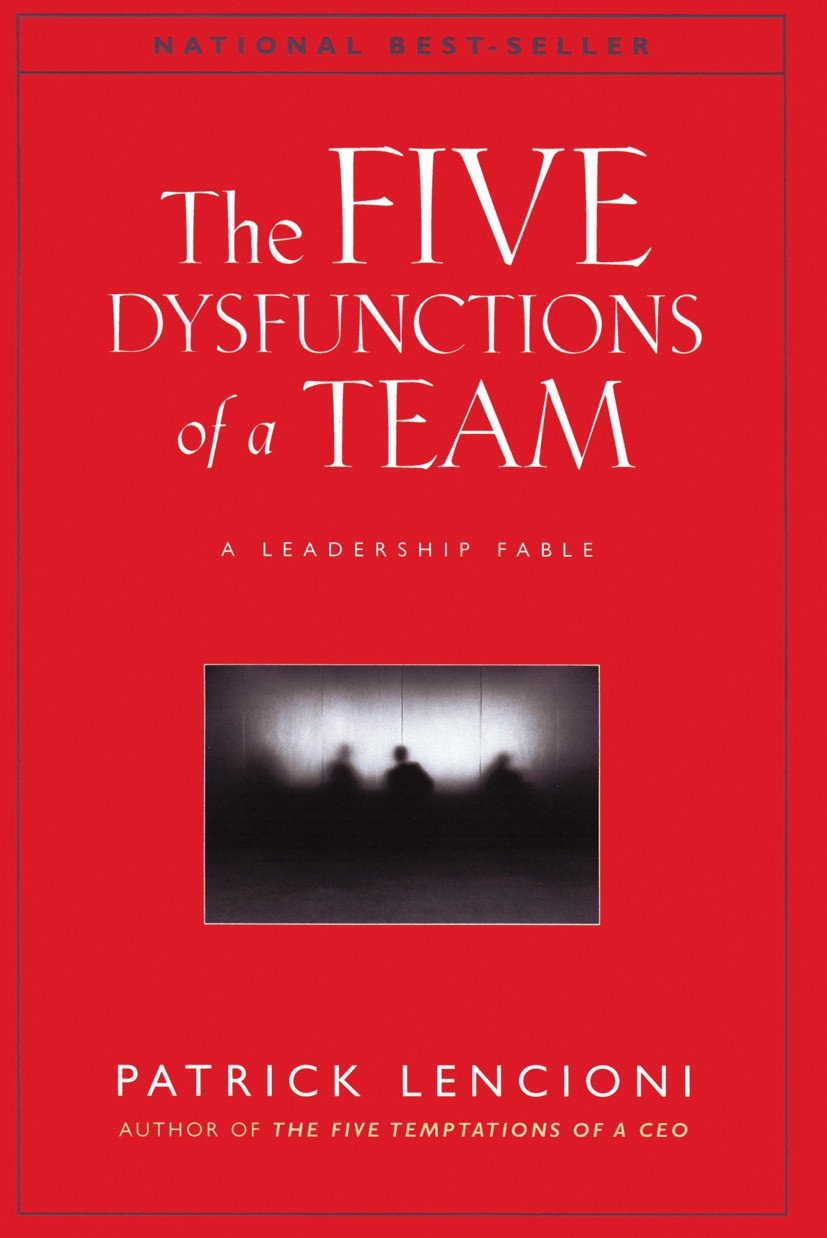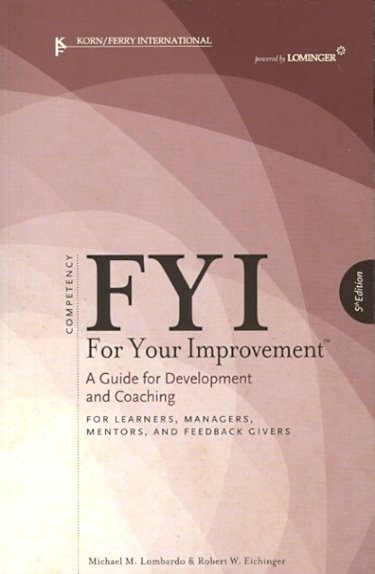Diversity, Equity & Inclusion
Implementing proactive Diversity, Equity & Inclusion (DEI) strategies are critical to the success of your organization.
What binds these altogether is sensitivity: cultivating an environment where people from different backgrounds and beliefs work well together.
In the video below, I share my thoughts and approach to this very important topic.
Overview
How often do people hear the same word/term, yet have different ways of defining or describing what it means?
As you can see from the video above, I think about these terms as follows:
- Diversity - being visible
- Inclusion - having a voice
- Equity - being valued
- Sensitivity - treated as vital
Diversity
Marilyn Loden has some groundbreaking work on the dimensions of diversity defined as follows:
- Primary - those attributes or traits that are either impossible or not easily changed, such as race, gender, ethnicity, etc.
- Secondary - those attributes which are more easily changed, such as educational status, job/position, family status, etc.
One of those dimensions, which is often overlooked, is personality style.
Inclusion
All too often I talk with people who are employed by an organization but do not feel included, or as though they belong. When I dig a little deeper, it is usually because they do not have a voice/say in certain matters or feel heard.
Unfortunately, human nature tends to be pre-disposed to judging people based on one element of diversity. This thinking leads to making decisions about what a person can or cannot do, BEFORE giving them the chance to show what s/he can or cannot do.
They are employed but are excluded. If this continues, they will leave.
Equity
Equity is not only feeling valued, but actually having your contributions valued by being paid equitably.
In addition to pay, it means being treated equitably when it comes to promotions and projects/plum assignments. These give you visibility and make you more "marketable" within your organization.
Note: The Equal Pay Act "requires that men and women in the same workplace be given equal pay for equal work."
Sensitivity
Sensitivity is a key ingredient that treats each employee as vital to the organization, regardless of position.
It is cultural competence in action - the ability to work well with people from different backgrounds and different beliefs.
Summary
Without the proper blend of Diversity, Inclusion, Equity AND Sensitivity, an organization dies slowly from within.
Your organization will thrive when your people learn how to work well together, to cooperate instead of compete and fight.
Want To Know More?
If your organization is serious about Diversity, Equity & Inclusion, make sure your strategy is comprehensive.

Successful leaders understand the implications of diversity; but even more so, they know how to lead and manage a diverse workforce.
- Diversity, Inclusion, Equity & Sensitivity (Video)
- Leadership & Diversity
- Diversity At Work
- An Engaged Workforce
Improve Your Relationship with Your Boss
Are you looking to improve your relationship with your boss? If so, the Boss Relationship Worksheet will help you better understand and communicate more effectively with your immediate supervisor.
To download your copy, submit your information on the form below.
After completing the Boss Relationship Worksheet, you will find that the following will prove helpful in showing you how to cultivate a better working relationship with your boss:
 |
I published my first book and I am beyond excited.
Get your FREE copy of Called to Lead!
ORDER PRINT HERE
Leaders don't
create
followers.
Leaders
create
other
leaders.
- Tom Peters













